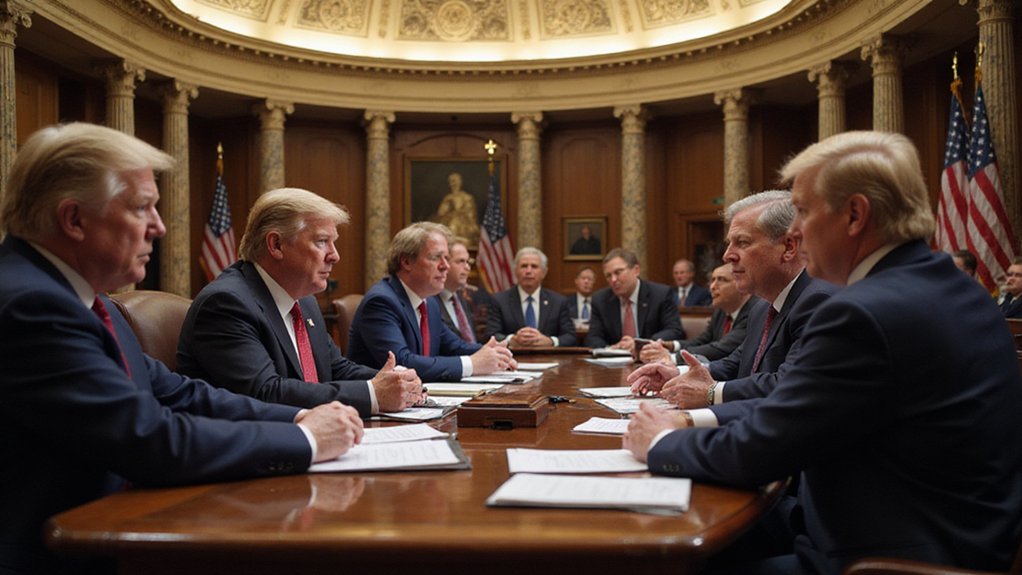The Financial Conduct Authority’s decision to lift its ban on crypto exchange-traded notes for retail investors represents a curious evolution in regulatory philosophy—one that simultaneously acknowledges the futility of protecting adults from their own investment choices while maintaining the fiction that derivatives remain too dangerous for the same supposedly vulnerable population.
This regulatory about-face transforms crypto ETNs—debt securities that track digital asset prices—from forbidden fruit into acceptable investment vehicles, provided they’re listed on FCA-recognized exchanges.
The distinction matters less for its technical merits than for what it reveals about bureaucratic logic: apparently, the same retail investor deemed incapable of handling crypto derivatives can somehow master the complexities of structured debt instruments tied to volatile digital assets.
Regulatory logic suggests retail investors can navigate structured debt complexity but remain mystified by equivalent derivatives.
The FCA’s rationale centers on “rebalancing” its risk framework, a euphemism that translates roughly to admitting their previous approach was either too restrictive or insufficiently nuanced.
By allowing retail access to these instruments while maintaining existing derivative restrictions, regulators have created a fascinating taxonomy of acceptable risk—one that presumably makes sense to someone, somewhere.
This development aligns the UK with international markets where crypto ETNs already trade freely, addressing the uncomfortable reality that British investors could simply access these products elsewhere.
The decision supports the government’s broader digital finance ambitions, though whether this constitutes genuine innovation or regulatory catch-up remains debatable. The timing coincides with UK crypto ownership surging to 24% in 2025, reflecting growing mainstream acceptance that regulators can no longer ignore.
The accompanying investor protection measures—risk disclosures, promotional restrictions, and financial promotion compliance—suggest regulators understand they’re threading a particularly fine needle.
These safeguards mirror those governing direct crypto purchases, raising the obvious question of why such protections suffice for ETNs but not for derivatives.
Market implications extend beyond mere product availability.
The move signals regulatory willingness to prioritize economic competitiveness over paternalistic protection, a philosophical shift with ramifications beyond cryptocurrency markets. This regulatory evolution exemplifies how digital assets are increasingly influencing traditional financial market structures and investment strategies. The initiative forms part of the FCA’s quarterly consultation process, demonstrating the regulator’s systematic approach to policy development.
Whether this represents evolved thinking or capitulation to industry pressure depends largely on one’s perspective regarding the proper role of financial regulation.
The FCA promises continued monitoring of market developments, suggesting this experiment in expanded retail access comes with implicit acknowledgment that further adjustments may prove necessary as reality collides with regulatory theory.








